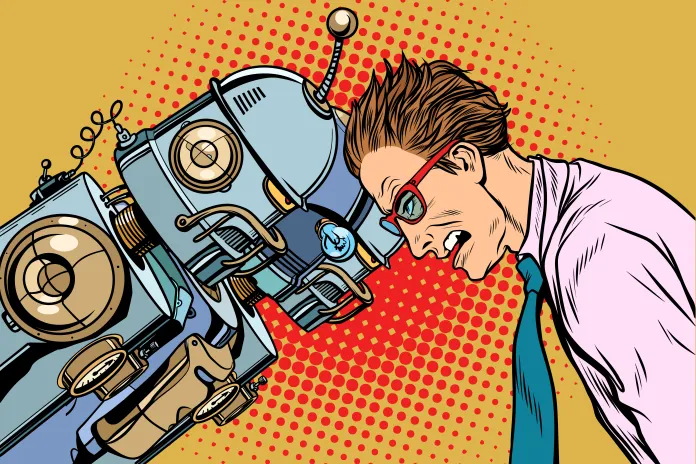The role of Artificial Intelligence (AI) in shaping the future of humanity has become a subject of serious scientific inquiry. While AI has the potential to revolutionize various aspects of human life, from healthcare to education, concerns have been raised about its potential impact on society. The rapid advancements in AI technology have led to a growing sense of uncertainty regarding its ethical and societal implications, including its potential to exacerbate social inequalities and its impact on employment. As such, it is crucial that we engage in rigorous scientific inquiry and responsible governance to ensure that AI is developed and implemented in a manner that maximizes its benefits while minimizing its risks to human society.
AI stands for Artificial Intelligence, which refers to the simulation of human intelligence in machines that are programmed to perform tasks that would typically require human intelligence. AI systems can learn, reason, perceive, and adapt to their environment, allowing them to perform tasks such as speech recognition, decision-making, language translation, and even driving cars. AI technology has rapidly advanced in recent years, and it is being increasingly integrated into various aspects of our daily lives, from virtual assistants on our smartphones to self-driving cars and medical diagnosis systems.
 |
| Sophia, First Robot Citizen at the AI for Good Global Summit 2018. Source: Wiki |
With events such as Sophia, a robot being granted citizenship in Saudi Arabia, the invention of smartphones, and the development of the Internet of Things, AI has had a profound impact on the world, eliciting both apprehension and enthusiasm across the globe. It's not that rare to hear people's concerns: "I have never been under threat of losing my job to machines." Recently, the introduction of Chat GPT has stirred up a tempest that raises the question of how far AI has advanced. Many of us were in awe of J.A.R.V.I.S., the AI assistant featured in the film Iron Man and now, with recent advancements in AI technology, we have seen real-life AI systems reach a similar level of sophistication.
With the gradual infiltration of AI into human lives, the question arises: Can AI potentially comprehend human behavior more comprehensively than humans themselves? The internet algorithms, filters on social media platforms such as TikTok, and search engines have all had an extraordinary impact on our daily lives. And sometimes, all you have to do is mention something you want, and then Voila, thousands of advertisements appear on the screen. Or the case when the Tesla car still drove smoothly while the driver was sleeping.
AI has had a profound impact on various industries, including finance, banking, medicine, transportation, law, and even the military, as highlighted in a report on AI by the Brookings Institution (US)."
In general, humans are currently experiencing a peaceful coexistence with AI and are even benefiting from its advancements. While some may view these advancements as threatening, others see them as a reminder to either progress forward or succumb to the status quote.
